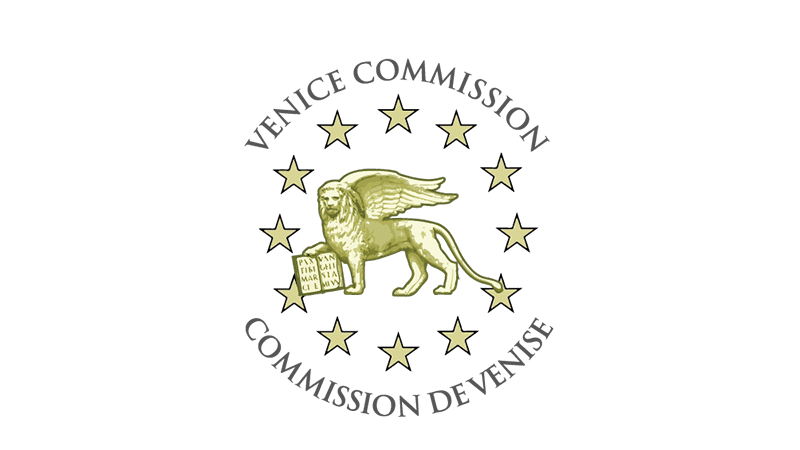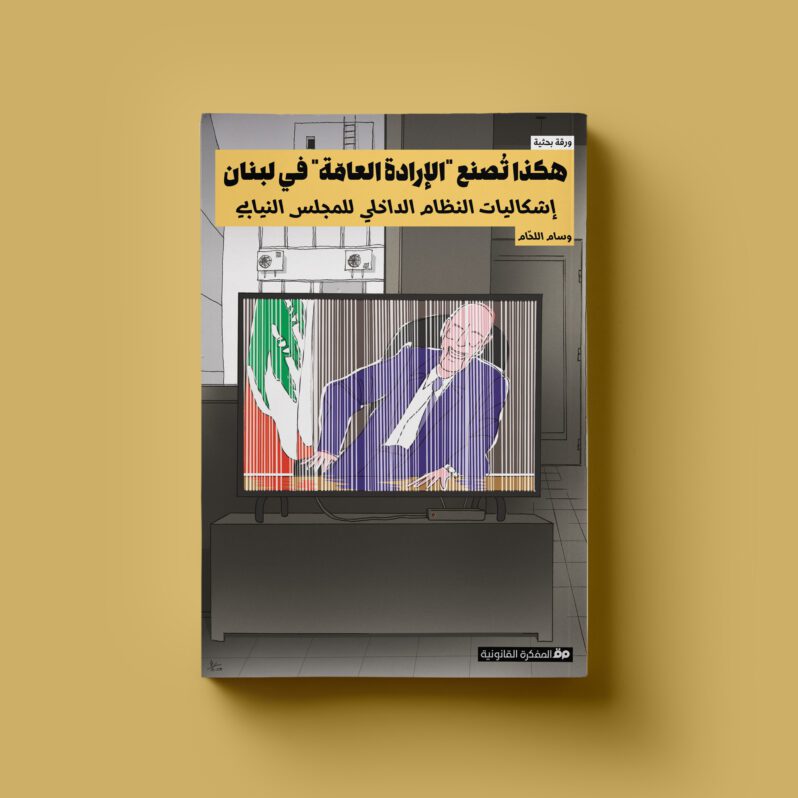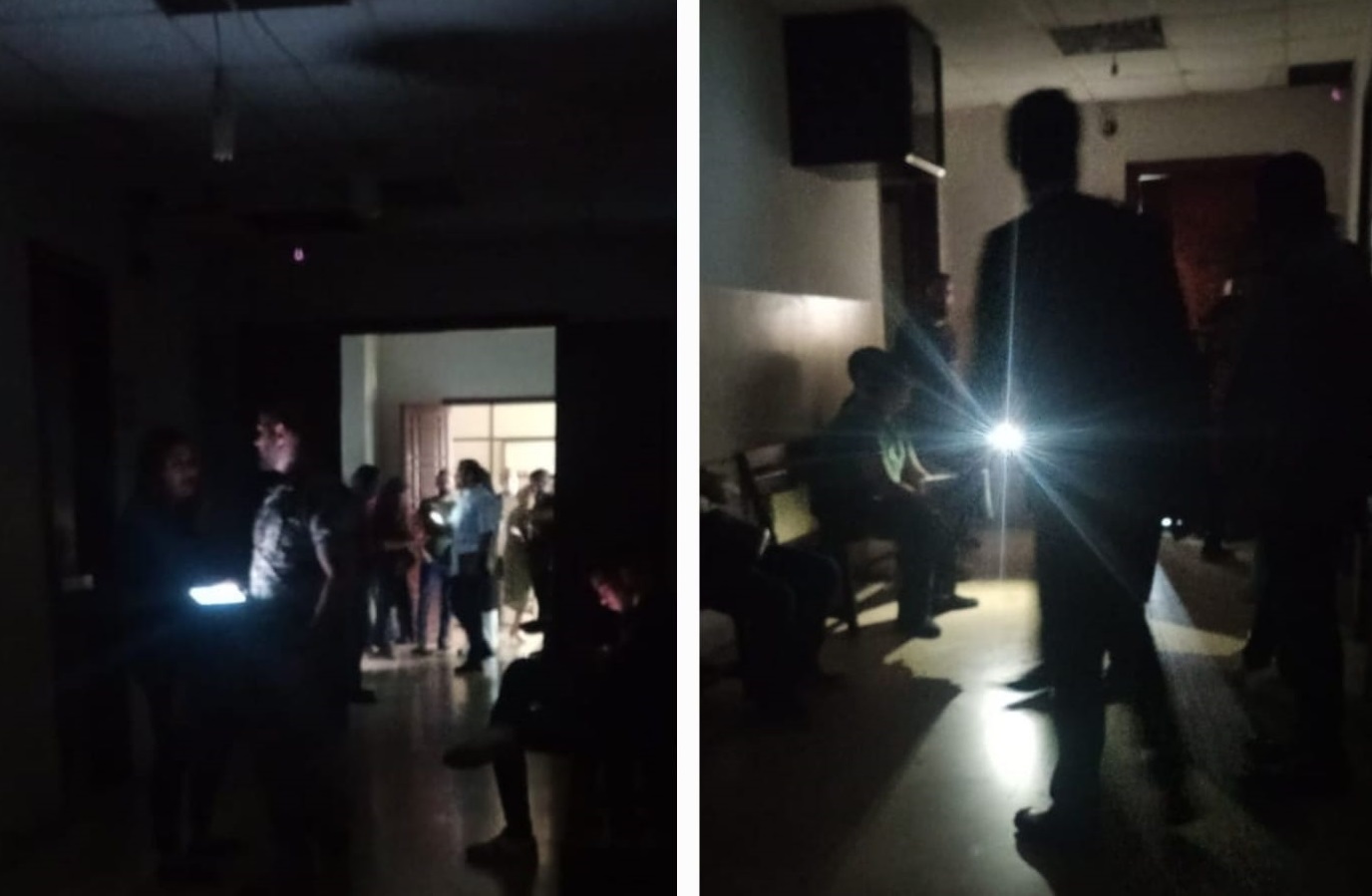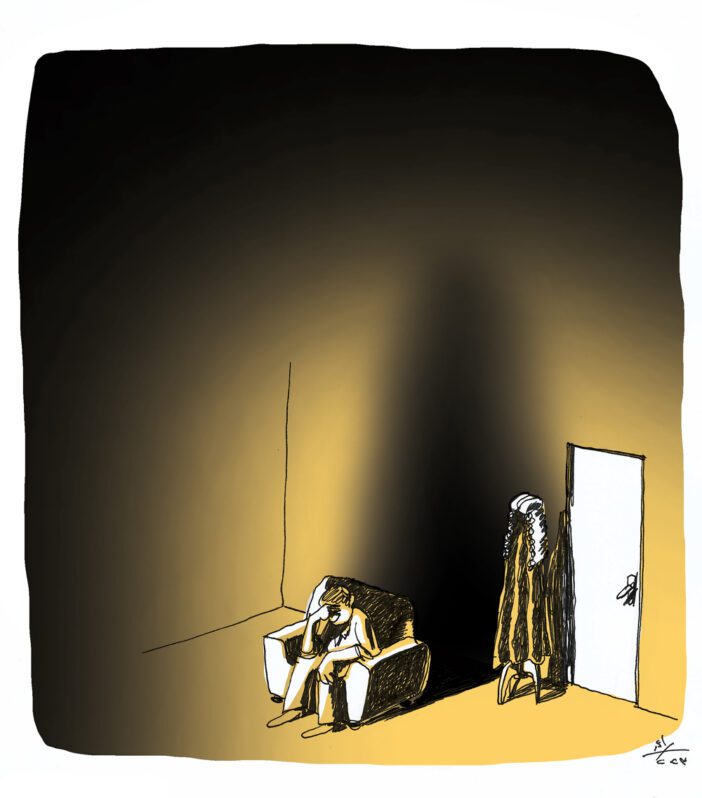Betraying Tarek Mallah and Children of Alternative Care: Time for State and Care Institutions to Act
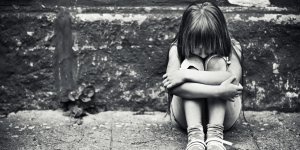
Editor’s Note: In recent months, several media outlets, including The Legal Agenda, covered the case of Tarek Mallah. Placed at an orphanage in Lebanon at the age of two, this young man was a victim of rape for many years, until he ran away at the age of fourteen. Years after his escape, Mallah began to voice opposition to the current alternative care system, shattering the wall of silence in the most powerful and eloquent way. The orphanage in question admitted that Tarek had been the victim of rape, and that such incidents do occur. Yet, it absolved itself from any responsibility, arguing that the perpetrator was one of the other children placed at the orphanage. The orphanage’s statement argued that care was an act of charity, not a duty subject to questioning. In short, the institution evaded responsibility by blaming the children. But like Tarek, those children were raised at the orphanage and were also victims. The response of the Ministry of Social Affairs was more dumbfounding: complete silence. Is it the fate of tens of thousands of children placed in orphanages generation after generation, to remain subjected to an alternative care system whose many faults have been plainly and clearly revealed? Attempts by alternative care institutions and the government to evade this tremendous responsibility is tantamount to high treason. In response to such policies, The following commentary by alternative care expert Zeina Allouche outlines the responsibilities of care centres and the government under international law.
In 2006, the UN Committee on the Rights of the Child (CRC) expressed its profound concern over reports about the growing number of children placed in Lebanese orphanages and the situation they are living under. While the number of children in need of alternative care is estimated at 5 thousand, around 28 thousand children are believed to have been placed at such institutions. A 2006 study by the Consultation and Research Institute (CRI), in collaboration with the Ministry of Social Affairs and UNICEF, showed that most of these children were placed in orphanages not because they are orphans, but because of poverty. It also showed that the cost of providing financial support to allow impoverished families to keep their children in their care (housing, education, food), is less than the cost of maintaining alternative care institutions. The same study described the state of affairs of alternative care in Lebanon as poor.
In 2008, the UN called for setting international guidelines for the alternative care of children after studies had revealed widespread abuse affecting thousands of children in alternative care. Annexed to the UN Convention on the Rights of the Child, those guidelines explicitly recommend abandoning institutional methods of alternative care and turning to family-based methods instead. Children without parental care should thus be granted their individual and absolute right to care, growth, empowerment, integration and live as complete, productive and functional human beings. Lebanon was in the loop regarding the formulation of these UN guidelines, and it actively took part in the adoption of the 2009 Cairo Declaration on the Convention on the Rights of the Child.
The silence of Lebanese government authorities in response to the studies and reports mentioned above made the position of these authorities totally untenable, given the gap between the alternative care guidelines they have ratified alongside other countries (most recently, the 2009 Cairo Declaration on the Convention on the Rights of the Child), and the measures they implement in reality. Their silence becomes even more telling and eloquent with the emergence of cases like Tarek Mallah’s, and with increasing talk of the occurrence of rape in one institution or another. Despite the fact that the Lebanese state contributes vast sums of money to fund alternative care institutions, it continues to deal with such care as if it were charity work not subject to questioning, accountability or legal prosecution.
In order to illustrate the faultiness of this logic, it might be useful to consider the responsibilities borne by alternative care institutions and by the Ministry of Social Affairs in the case of Tarek Mallah under the UN Guidelines for the Alternative Care of Children.[1]
Responsibilities Borne by the Orphanage
During the Admission Phase
It should be noted that Tarek was admitted into the orphanage without a field investigation of his social conditions to verify the information [provided], namely, to verify whether his grandparents were unable to take care of him. Tarek was thereby deprived of the possibility of staying with his grandparents, and was separated from his older sister as a result, despite his file containing no evidence that such course of action was inevitable or necessary. Equally significant is the fact that Tarek was admitted into the orphanage without a judicial ruling granting the orphanage custody, which represents a violation of the UN guidelines.
In the Form of Care Provided
It should first be noted that the institutional method based on a system of wards and supervisors, in itself violates the rights of the child. The following violations may be noted:
The Nursery Stage. As was the case at every other stage, the number of supervisors assigned to [care for] the children at the nursery stage was insufficient to provide the care and attention needed by children at this age. thereby exposing them to danger. It should be noted that global statistics show that every two to four children need one constant and permanent supervisor;
The Dar al-Saada (the House of Happiness) Stage. Children aged 9 to 14 were grouped together with older boys instead of being split up into age-groups. This exposes them to major behavioral problems, especially since some are still children while others have reached puberty or even adulthood;
Nearly 400 children were housed in a single building, which is roughly equivalent to the number of children one might find at a school. Such a number requires a full staff, and cannot possibly be handled by four supervisors. The latter are often young women, with no academic qualifications that would enable them to provide care to 100 children housed in six different rooms; and
Large numbers of children were crowded into single rooms.
In the Kind of Care Provided
The following may be noted:
The lack of a proper staff of diverse specialties, including social workers and psychologists, to whom children can refer or request to see when needed;
The lack of a clear policy for the protection of children in the care of the orphanage;
The use of violence, intimidation, deprivation and humiliation in dealing with the children, which is indicative of the lack of training of supervisors;
The exploitation of children in fundraising activities;
The adoption of non-integrative approaches in education;
A standardized system of food provision, at specific times and in specific amounts;
Depriving children of pocket money;
The lack of actual investment in the children’s principal means of self-reliance: education;
The lack of monitoring and assessment of the progress, abilities and potential of every child;
The complete segregation of male and female children;
A policy of closed doors and placing security guards while instances of escape remain frequent; and
Not reporting Tarek’s escape nor attempting to enquire about him at his grandparents’ house.
Responsibilities Borne by the Ministry of Social Affairs
The following may be noted:
The Ministry fails to play its role in determining the form and quality of care provided;
The only action taken by the Ministry is the payment of dues;
The Ministry neither regulates admission into alternative care, nor “graduation” from it; and
The Ministry fails to play its role in monitoring the quality of care provided.
Evading responsibility in cases like Tarek’s is perhaps the gravest mistake committed by the Ministry of Social Affairs, which should be legally responsible for Tarek and children facing a similar situation.
This article is an edited translation from Arabic.
__________
[1] Chief among those guidelines are the following: alternative care for children without parental care is a right for children and a duty for the state; children in alternative care have the right to protection; it is the state’s duty to guarantee appropriate standards of care; it is the state’s duty to set national standards for admission into alternative care; a clear policy for the protection of children in alternative care represents a fundamental condition for contracts with care providers; the state is not allowed to enter into contracts with care providers if they lack a clear policy for the protection of children; children should only be admitted into alternative care on the basis of a judicial ruling recommending such a measure, due to the unavailability of protected traditional care frameworks; alternative care providers must do their utmost to reunite families whenever possible; the Ministry of Social Affairs should prioritize prevention from admission into alternative care, knowing that the prevention program will be less costly and more useful in the long term.
